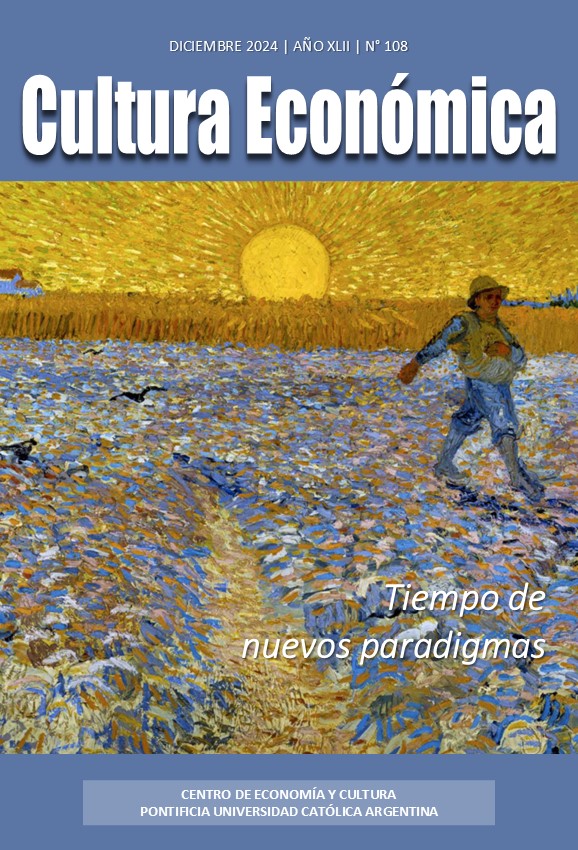Epistemological foundations of the Common Agricultural Policy of the European Union: towards a pluralistic paradigm
DOI:
https://doi.org/10.46553/cecon.42.108.2024.p101-111Keywords:
rural development, European integration, rural areas, interdisciplinary approachAbstract
The main objective of this work is to carry out a reflection on the epistemological foundations of the European policies for rural areas. In particular, it emphasizes the progressive abandonment of an initially technocratic vision of the rural world to arrive at a predominantly interdisciplinary approach to economic and social analysis, driven by European institutions. While recognizing that the task of defining what is rural is not simple, it is evident that currently, the European Union proposes a pluralistic paradigm as a tool for ongoing analysis of the rural world. Furthermore, there is a clear willingness from the EU to build knowledge based on contributions from various territorial levels, in response to the need to promote local participation in accordance with an effective application of the principle of subsidiarity.
Downloads
References
Cárcamo Vásquez, H. (2004), Reflexiones en torno a la Epistemología para el Desarrollo Rural. V Congreso Chileno de Antropología. Colegio de Antropólogos de Chile A. G.
Comisión Europea (1997). Agenda 2000: Por una Unión más fuerte y más amplia. Bruselas.
Conferencia Europea sobre el Desarrollo Rural (2016). Declaración de Cork 2.0: “Una vida mejor en el medio rural". Oficina de Publicaciones de la Unión Europea.
De Castro, P. (2010). European Agriculture and new global challenges. Donzelli.
Deavers, K. (1992). What is rural? Policy Studies Journal, 20(2).
Entrena-Durán, F. (2012). La ruralidad en España: de la mitificación conservadora al neorruralismo. Cuadernos de Desarrollo Rural, 9(69), 39-65.
Mazorra, A. P., & Hoggart, K. (2002). Lo rural, ¿hechos, discursos o representaciones? Una perspectiva geográfica de un debate clásico. ICE: Revista de Economía, N° 803, 61-72.
Merlo, V. (1997). Sociologia del verde: lo spazio rurale in Italia. F. Angeli.
Ramilo D., & Prividera G. (Comp.) (2013). La Agricultura Familiar en la Argentina. Diferentes abordajes para su estudio (Estudios Socioeconómicos de los Sistemas Agroalimentarios y Agroindustriales N. 20). Ediciones INTA.
Rete Europea per lo Sviluppo Rurale (2017). Economia verde: opportunità per l’Europa rurale. Rivista Rurale dell’EU, N° 23.
Sotte, F. (2013). Scenari evolutivi del concetto di ruralità. Proposte e Ricerche, XXXVI(71), 122-144.
Van Der Ploeg, J. D. (2009). I nuovi contadini. Le campagne e le risposte della globalizzazione. Donzelli.
Downloads
Published
How to Cite
Issue
Section
License

This work is licensed under a Creative Commons Attribution-NonCommercial-ShareAlike 4.0 International License.













